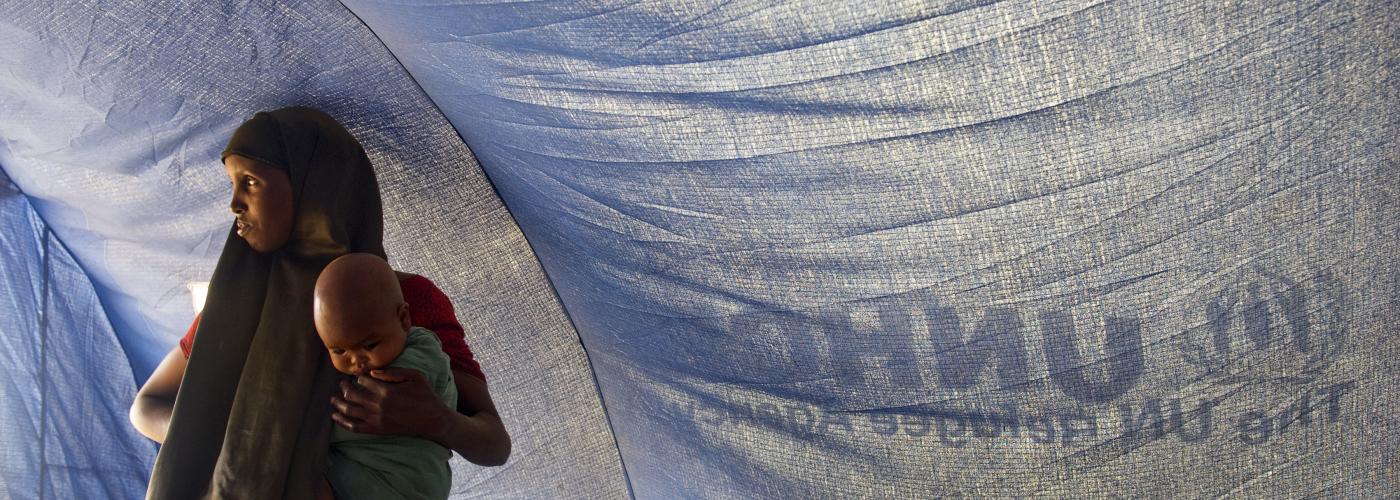General information
Title
Humanitarian Support to Protect Palestinians in the West Bank from Forcible Transfer - PJ/2018/31
ID
XM-DAC-2-10-3175
CRS ID
PJ/2018/31
Start date
End date
Activity status
Completion
Budget
€1.300.000
Actor
Norwegian Refugee Council (NRC)
Country
PALESTINE
Sector
Humanitarian aid - Emergency Response - Relief co-ordination , protection and support services
Aid type
Project-type interventions
Priority partner country
Yes
Fragile state
Yes
Least developed country
No
Budgetline
54 52 356083 Humanitarian projects
Finance type
GRANT
Tied status
No
Flow type
ODA
Body
General
Palestinian communities and individuals in the West Bank, including East Jerusalem, are protected from forcible transfer. Building on previous DGD Actions in the oPt, this Action supports a strategic partnership between DG-ECHO, nine EU Member States and five INGOs - the West Bank Protection Consortium –formed in 2015 to develop a coordinated, protection-centered humanitarian response to international law violations, which is aimed at preventing the forcible transfer of Palestinians in the West Bank, including East Jerusalem.
Specifically, this Action will provide protection and relief to 16,853 direct beneficiaries through: emergency
responses to 11,821 individuals affected demolitions and settler-related incidents; resilience-building
support to 5,032 communities facing severe protection threats and suffering from chronic humanitarian
vulnerabilities; and humanitarian advocacy with 530 interlocutors to challenge policies and practices related to forcible transfer.
Humanitarian context : The situation in the oPt remains a protracted protection crisis with humanitarian
consequences, driven by a lack of compliance with international law on the part of the Occupying Power.
There is an increasing need to support 482,000 Palestinians in the West Bank who routinely experience
violations of international humanitarian law (IHL) and International Human Rights Law (IHRL) related to
policies of forcible transfer. The coercive environment which gives rise to forcible transfer manifests itself
through a discriminatory permit regime for construction, lack of access to basic services, evictions and
planned relocations, confiscation and destruction of property, obstruction of humanitarian assistance, land expropriation, settlement expansion, construction of the Wall, movement and access restrictions, declarations of firing zones and closed areas, settler violence and military operations.
Results
Palestinians in the West Bank, including East Jerusalem, are protected from individual and mass forcible transfer through emergency responses, resilience-building support and humanitarian advocacy


